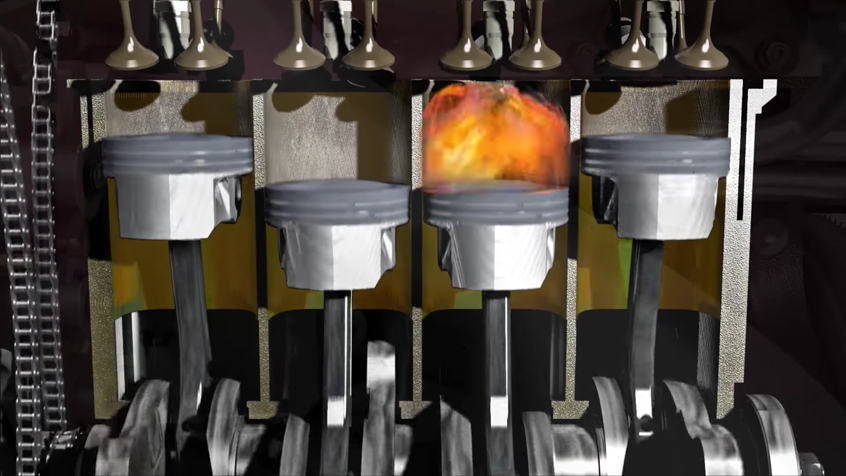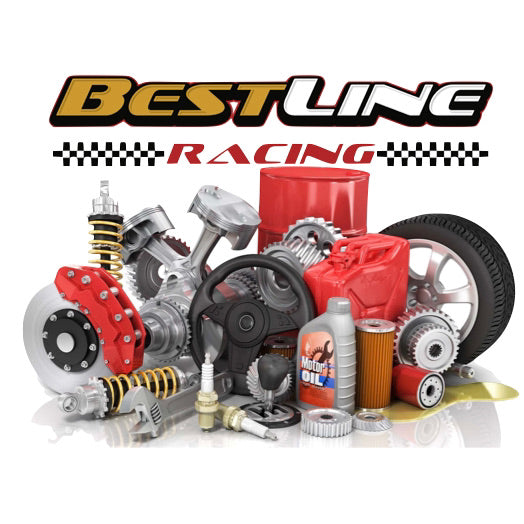Engines these days are built to work smarter, not harder, to meet rigorous fuel economy and emissions standards without eliminating performance. You may have heard terms like turbochargers and gasoline direct injection (GDI). These technologies are found in over 55 million cars today and have improved horsepower and torque without reducing fuel efficiency.
But with that greater efficiency, newer engines are starting to experience issues that were unheard of in older engines, including Low-Speed Pre-Ignition (LSPI). Sounds complicated, right? The damage caused by the condition could be scarier than the name itself.
Let us break it down for you.
Technically speaking, LSPI is an abnormal combustion event caused by the higher in-cylinder pressures common in modern engines — those that are turbocharged and/or GDI — while operating under low-speed, high-torque conditions. If you’re currently driving a vehicle with one of these engines, pay close attention to what we’re about to tell you.
Imagine you’re sitting idle in your vehicle and press the gas pedal to head down the street. Now, picture the combustion chamber of an engine – where the magic happens. What should be happening is a small explosion from the mixture of fuel and air which causes the pistons to move up and down. In modern engines, the explosion can happen too early. The fuel droplets are released into the combustion chamber and ignited before the piston is in the correct position, potentially causing catastrophic damage.

Low-speed pre-ignition taking place inside engine combustion chamber.
Why is this bad? The pressure from the explosion can literally destroy your pistons and connecting rods. LSPI’s milder effects might include engine noise or rough idle, but it can cause catastrophic damage that could result in a total engine rebuild. And that is not cheap!
The good news is there’s a couple of things you can do to help prevent LSPI from occurring. The first is choosing a motor oil that combats the abnormal combustion event. The combustion chamber needs to be lined well with quality oil that can take the extra heat.
Automakers are aware of these issues and have pushed the American Petroleum Institute (API) for new motor oil requirements to address them. In response, API recently published a new classification (“SN PLUS”) which adds LSPI protection to the host of performance requirements listed in the current SN category. While API has not begun granting licenses for “SN PLUS” products yet, Valvoline is leading the industry with a line of passenger car engine oils that exceed the LSPI protection requirements of this new classification.
This article was published by Valvoline and can be accessed here.


